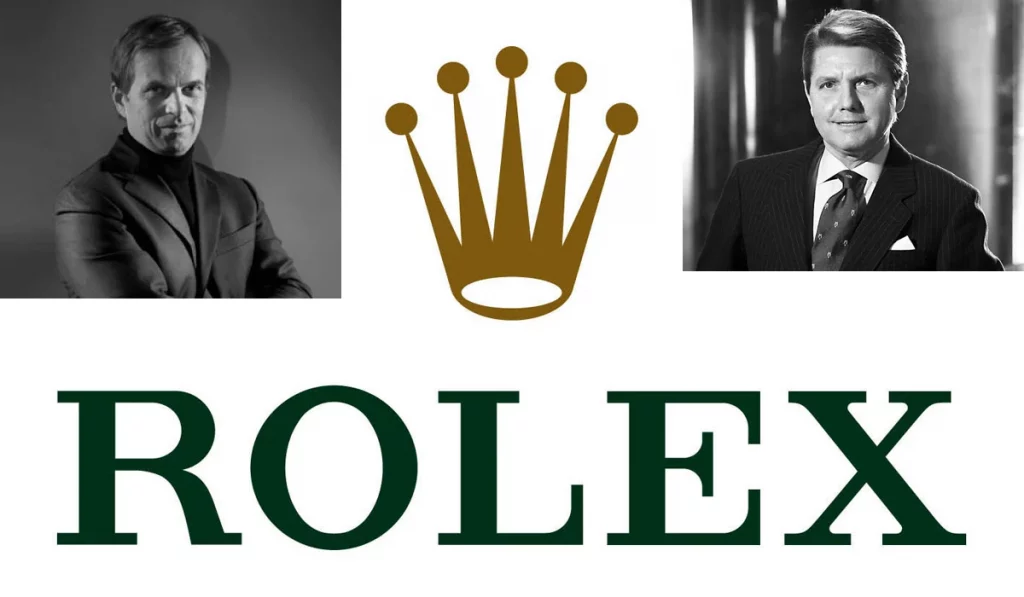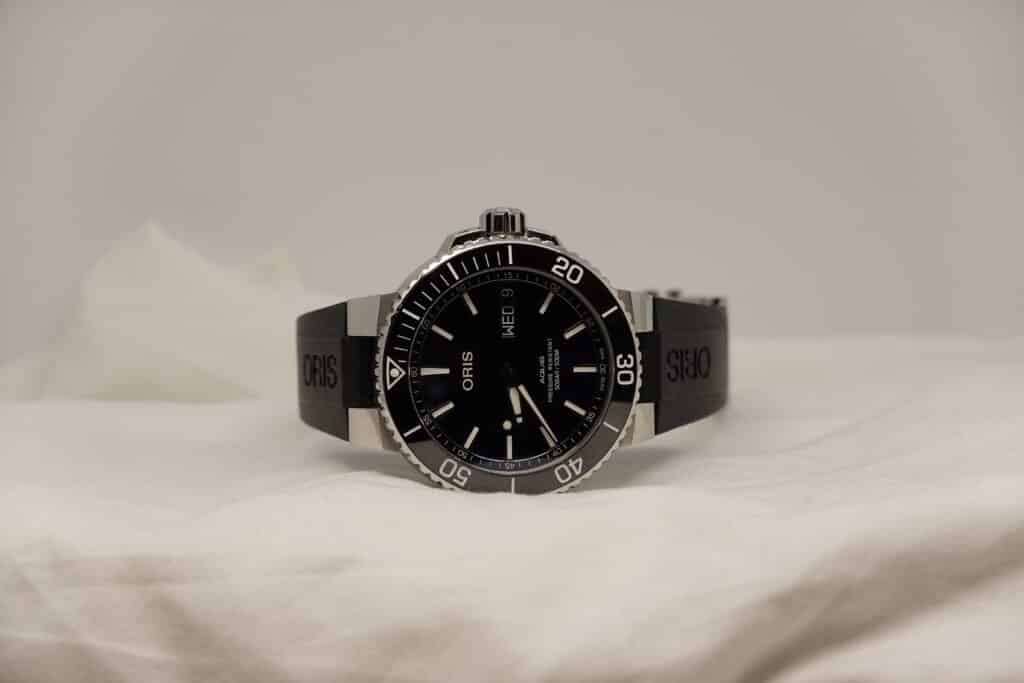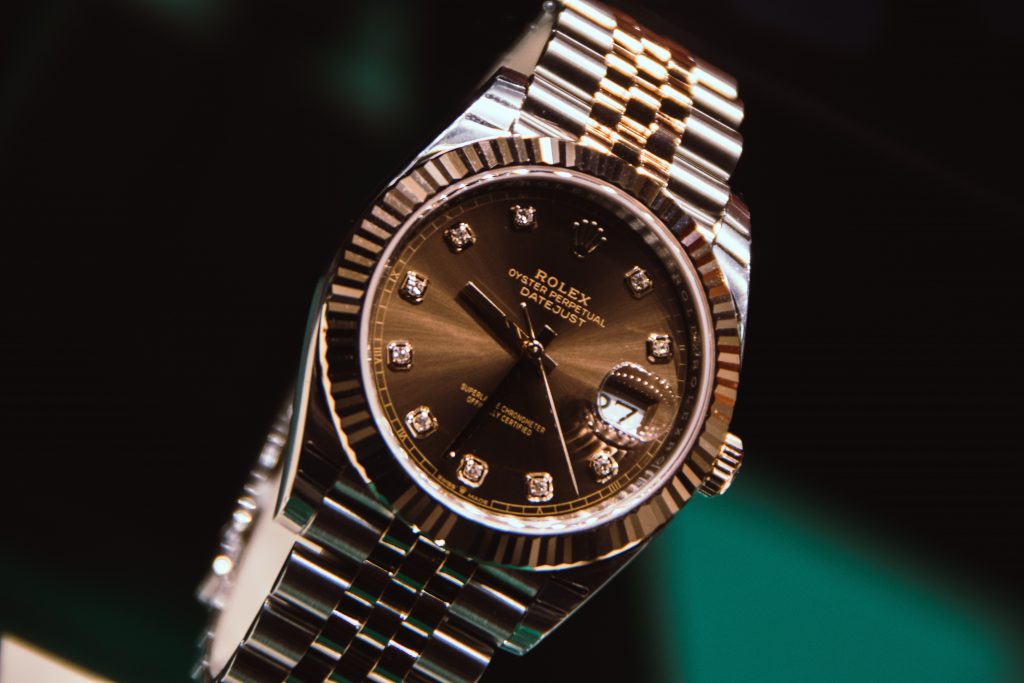Rolex CEO warns of challenges in the future

Smaller watchmaking businesses may suffer a 15% drop in sales this year but still end up larger than before the post-pandemic boom, the chief executive of ROLEX has predicted. In an interview with Swiss newspaper NZZ, Jean-Frédéric Dufour suggests that this year will be a challenge, but the largest players will suffer least.
“The pendulum is now swinging in the other direction, and it is naturally more pronounced for the less established brands,” Mr Dufour says in an interview in his capacity of president of the Watches and Wonders Foundation ahead of last week’s global trade fair.
“While they may have seen a twenty percent increase in sales during the upswing, they may now experience a fifteen percent decline. For the big brands, the fluctuations are smaller, in the range of plus/minus two to three percent. Big brands never achieve twenty percent annual growth,” he adds.
Rolex does not disclose financial information, but Morgan Stanley estimates that the brand’s turnover grew from CHF 8 billion in 2021 to CHF 10.1 billion last year. In the same interview, Mr Dufour cautions against over-production leading to rising inventories with retailers and the risk of discounting.
“2024 will be a challenge. A phase in which all manufacturers were doing well is coming to an end. In good times, too much is often produced. When the markets weaken, as is the case now, watch dealers come under pressure and respond with discounts. This is extremely problematic because discounts damage emotional products like ours,” he describes.
Inventories in the channel have been rising, even in the United States, the largest market in the world for Swiss watches. Luxury Barometer, a US-based analyst of retail watch sales and inventories, said that sales across all price points were down almost 9% in January while month-end inventory increased in value by 10%.
The UK has seen the value of Swiss watch imports coming into the country exceed retail sales every month since May 2023, according to GfK, which could have the dual effect of reducing waiting lists for hot watches and building up inventories.
All luxury Swiss watch manufacturers have been increasing prices over recent years. In addition, the average transaction values are rising as brands focus on more complicated pieces and using more precious metals. In addition to wider inflationary pressures from, Mr Dufour says the Swiss watchmaking industry faces additional challenges.
“We produce everything here at Swiss costs. So the franc is a challenge,” he notes. “Raw material costs have also risen massively. A kilo of gold currently costs almost CHF 66,000. Thirty years ago, when I started in the watch industry, it was still CHF 18,000. Of course this makes the watches more expensive,” he adds.



Responses